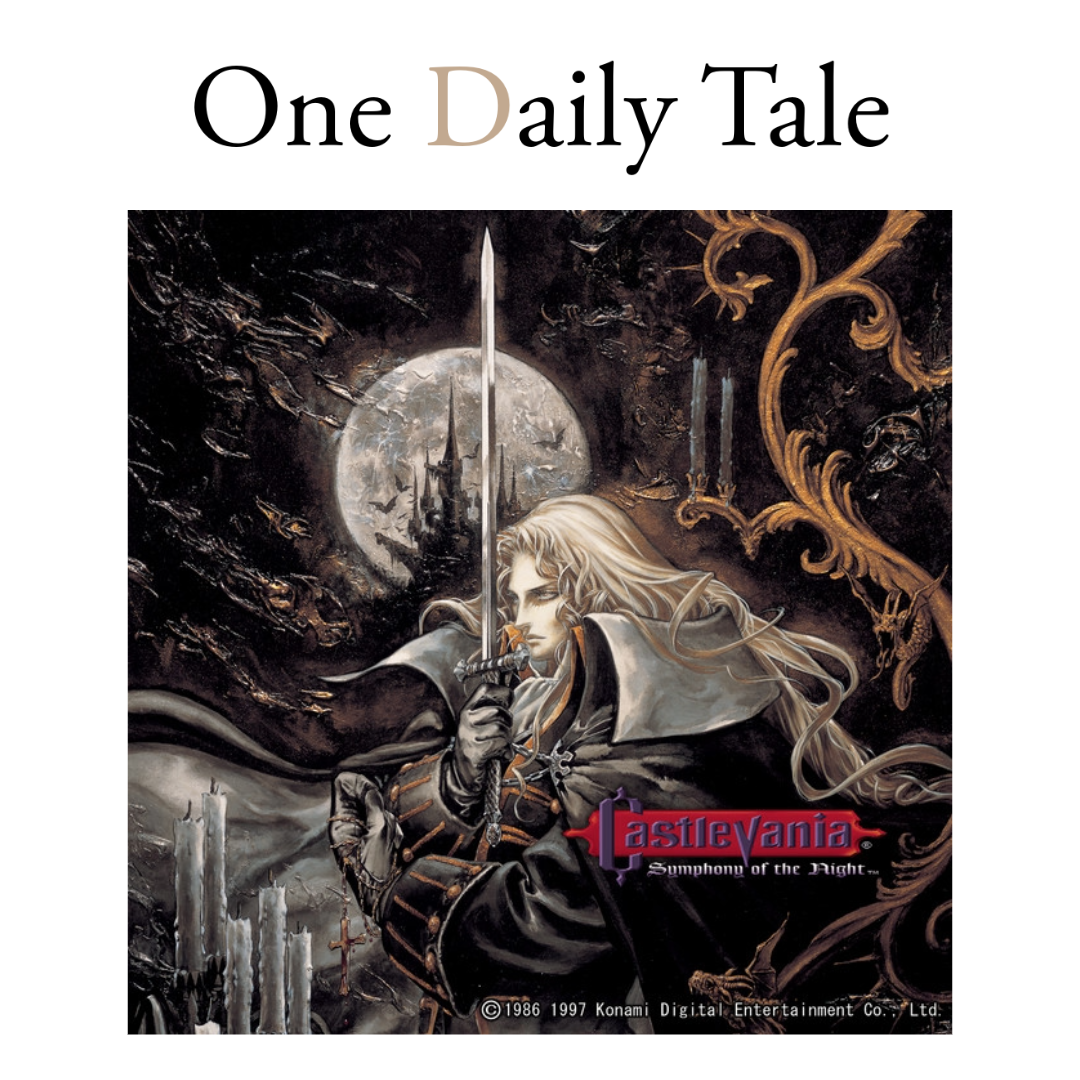Castlevania: Symphony of the Night, released by Konami in 1997 on the first PlayStation console and Sega Saturn, is widely regarded as one of the most acclaimed video games of all time. Despite its now-iconic status, the game initially sold poorly upon release, only gaining recognition over time. It pioneered the Metroidvania genre—named after the combination of Super Metroid and Castlevania. This genre blends the gothic Castlevania universe with the exploration-driven gameplay of Super Metroid, emphasizing the gradual unlocking of abilities to access previously unreachable areas. Players also enhance their character’s skills and stats in a manner reminiscent of RPG mechanics.
The soundtrack, composed by Michiru Yamane, is another standout aspect of the game. Yamane, a long-time contributor to the Castlevania series, masterfully combines baroque, classical, and rock elements to create an atmospheric and majestic musical score that remains a hallmark of the franchise.
Why Does Alucard’s Quote Still Resonate Today?
When I first played the U.S. version of Castlevania: Symphony of the Night during high school, one particular quote from Alucard, the protagonist, left a lasting impression on me:
“The only thing necessary for the triumph of evil is for good men to do nothing.”
This line is often attributed to 18th-century British philosopher Edmund Burke, although its true origins remain debated. Regardless of its source, these words have recently struck me more deeply than ever before. Perhaps this is because of my work on One Daily Tale and my growing belief in the importance of individual responsibility.
A lack of personal accountability, combined with insufficient self-awareness, has led society into a dangerous state of passivity. We are at risk of allowing circumstances to deteriorate further, yet we still possess the freedom to act. Yes, creating new habits, developing self-awareness, and accepting our responsibilities take time. However, the alternative—doing nothing—only worsens the situation. World peace has never been a reality, nor has humanity ever consistently lived in harmony with the environment. Change is not just necessary—it is overdue.
What Can Castlevania Teach Us About Perseverance and Change?
Much like how Castlevania: Symphony of the Night failed to find success immediately after its release, meaningful change often takes time to manifest. Our society, pressured by social media and consumerism, faces an uphill battle against the distractions and manipulations that keep us locked in a downward spiral.
As recent actions by the wealthiest tech moguls illustrate, the systems that dominate our thoughts and choices are not built to prioritize the greater good. These individuals are not philanthropists; they hold the world in their grasp, with no incentive to change their behavior. And why should they, when most of us passively comply by choosing inaction?
It’s critical to recognize that waiting passively is not the answer. As individuals, we must break free from this collective inertia. Building awareness, embracing personal responsibility, and engaging in actions that promote the well-being of humanity are essential steps forward.
What Do You Think?
Does Alucard’s quote resonate with you? How do you interpret its relevance in today’s world? Share your thoughts in the comments—let’s discuss how we, as individuals, can shape a brighter future.










Leave a Reply